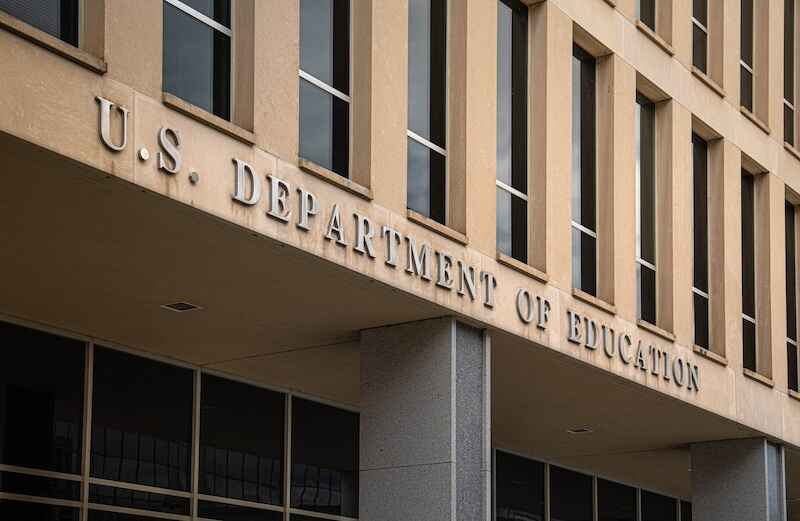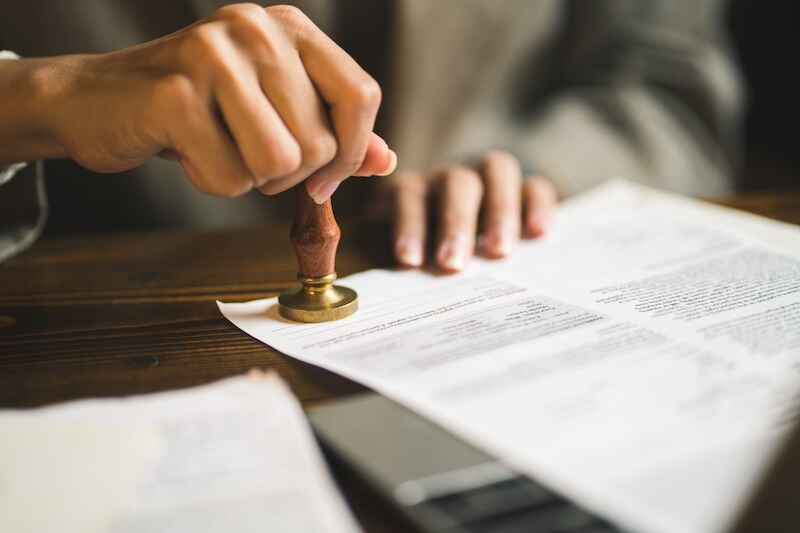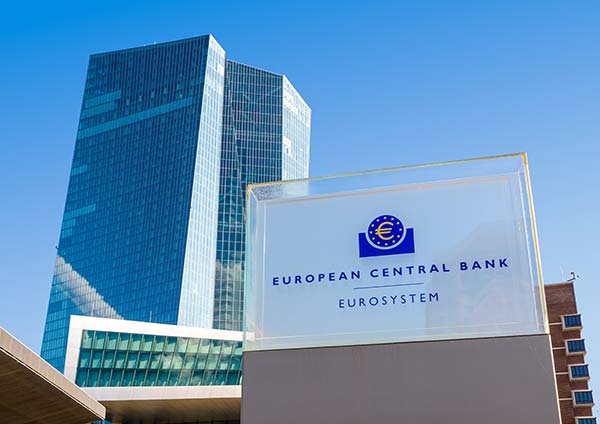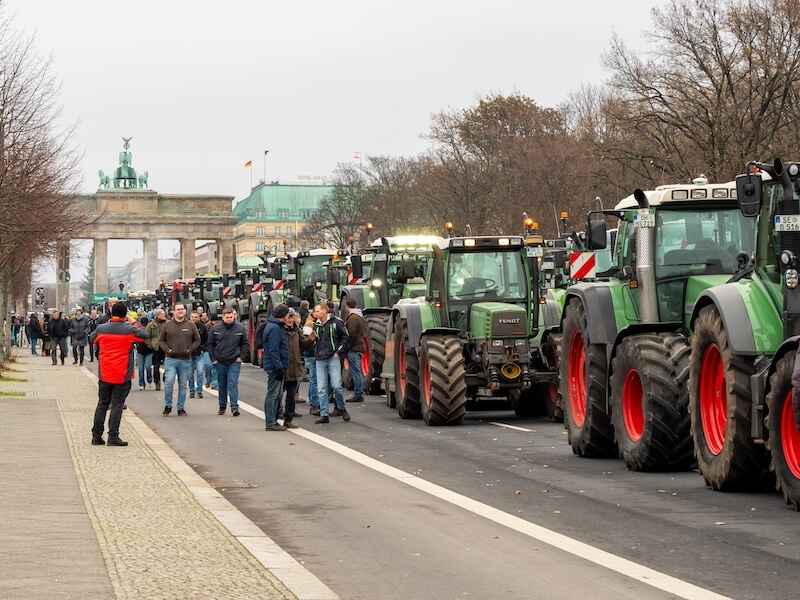What Has the Government Taken From You?
Joel Salatin|June 9, 2020
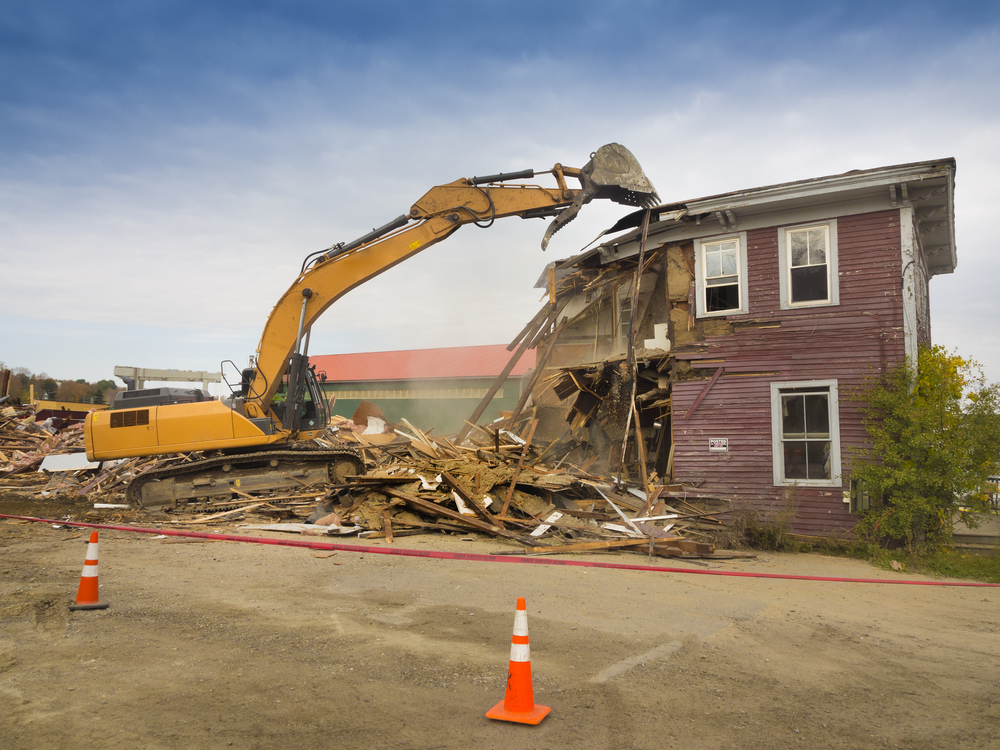
Eminent domain has two rules.
First, the public (government) taking of private property must be for a public use, not a private use. Second, the owner must be given fair market value for the property taken.
Plenty of court proceedings throughout American history attest to the subjectivity of both of these rules, but in general it has functioned fairly well.
What constitutes property has been argued back and forth, but for sure it includes more than land. It can be buildings and possessions on that land. Even patents and other intellectual property.
The point is that when government decides to take stuff, it can’t just do so willy-nilly. And even in a case where the taking may be dubious, the owner still has the right to seek judicial review of the value of the property.
The American government’s response to the coronavirus represents the largest eminent domain abuse in history.
I have no idea if anyone is planning to respond with legal action, but it seems to me like it’s crying for reform.
Righteous Indignation
Let’s take the most extreme example: restaurants. When government officials say you have to close down your eatery, that’s a taking as surely as if they’d decided to raze the structure to build a four-lane highway across it.
With the stroke of a pen, the government wiped out savings, investments, personal worth and property as easily as they would for roads or other public-benefit projects.
In the case of public-benefit projects, however, owners have recourse to challenge not only the project itself but also the compensation offer. Both of these options were denied during this pandemic, representing an egregious breach in the rule of law.
Thugs are thugs whether they wear pin-striped suits or face paint. Thugs can be sophisticated or barbaric; either type makes dealings no less frustrating.
To suddenly declare a host of businesses, storefronts and livelihoods nonessential and take that equity does not bode well for future civil problems.
I see this as a little bit like Prohibition. The righteous zeal unleashed on the culture to outlaw alcohol consumption instantly wiped out thousands of small businesses. Bureaucrats suddenly received the public’s blessing to determine what food could be lawfully ingested.
Overnight, breweries and whole businesses lost their possessions and even the ability to affirm their craft.
That the prohibitionists could not see or appreciate the precedents established by this tyranny should give us all pause.
I’ve often wondered what could have possessed a majority of Americans to think that such denial of personal freedom, such taking of personal property and such disrespect toward historical craft would bode well for the future.
Oh, of course, it was righteous indignation. That’s what it was. All is justified as long as it’s a righteous indignation.
The problem with righteous indignation is that it can change every Monday morning if you don’t have a standard that defines what is righteous.
During Prohibition, of course, the zealots used the Bible to express their virtue. But nowhere does the Bible condemn drinking. Indeed, Paul tells Timothy to take a little wine for his stomach disorders. Drunkenness is condemned, of course, but not drinking per se.
Of course, a decade later society realized its mistake, but the damage was done. The widespread acceptance of society’s use of government and law enforcement to execute righteous indignation was done.
Change at the End of a Gun
Different versions of this righteous indignation have continued to develop.
Indignation over joblessness… so let’s quadruple the size of the government and give people jobs.
Indignation over elderly poverty… so let’s start Social Security.
Indignation over polluted rivers… so let’s form the Environmental Protection Agency.
Indignation over race… so let’s mandate reverse discrimination through affirmative action.
Indignation over wealth… so let’s mandate equality through confiscatory taxes on the rich.
What is wrong with indignation in and of itself? In each of these cases, society’s new understanding of problems created responses that were individualized and based on freedom of choice.
The point is that if the awareness of the indignation is pervasive enough for a federal response, then it’s pervasive enough for individual responses. Supposedly, a government response requires a 51% buy-in from the people.
Retirement programs, race equality, jobs through business expansion and innovation, public pressure on polluters – all of these problems would have been remedied over time through personal choice.
Who goes out today and shoots robins with a BB gun? That was commonly done in the 1950s, but wildlife awareness today keeps even rascally boys from shooting robins.
When my parents bought this farm in 1961, they had many conversations with the previous owners. When this couple went into town, they would put their trash in the car, stop on the bridge across the creek and throw their trash in the creek. This was common practice.
Nobody would do that today. With new information, people change voluntarily. They adapt. They learn and grow and make changes.
Why must societal outrage morph into a heavy-handed regulatory response? Why can’t we be patient and let the new awareness sink in, to let society change organically one decision at a time?
Why must we force the change at the end of a gun? Why can’t we tolerate some diversity as the power of information and persuasion moves people to act as free agents?
I have no problem with businesses instituting whatever protocols they want to combat the coronavirus. But the moment government uses law enforcement to take choice away, the culture moves toward tyranny and away from Liberty.
At our farm, we have posted a large sign that reads “MASKS: YOUR BODY; YOUR HEALTH; YOUR CHOICE.”
That the government, through its edicts, has taken a substantial portion of our business and income, without compensation, without redress, without the rule of law, is an egregious infraction of eminent domain.
What has been taken from you during the coronavirus crisis? Tell us your experience here.

Joel Salatin
Joel Salatin calls himself a Christian libertarian environmentalist capitalist lunatic farmer. Others who like him call him the most famous farmer in the world, the high priest of the pasture, and the most eclectic thinker from Virginia since Thomas Jefferson. Those who don’t like him call him a bioterrorist, Typhoid Mary, a charlatan, and a starvation advocate. With a room full of debate trophies from high school and college days, 12 published books, and a thriving multigenerational family farm, he draws on a lifetime of food, farming and fantasy to entertain and inspire audiences around the world.


